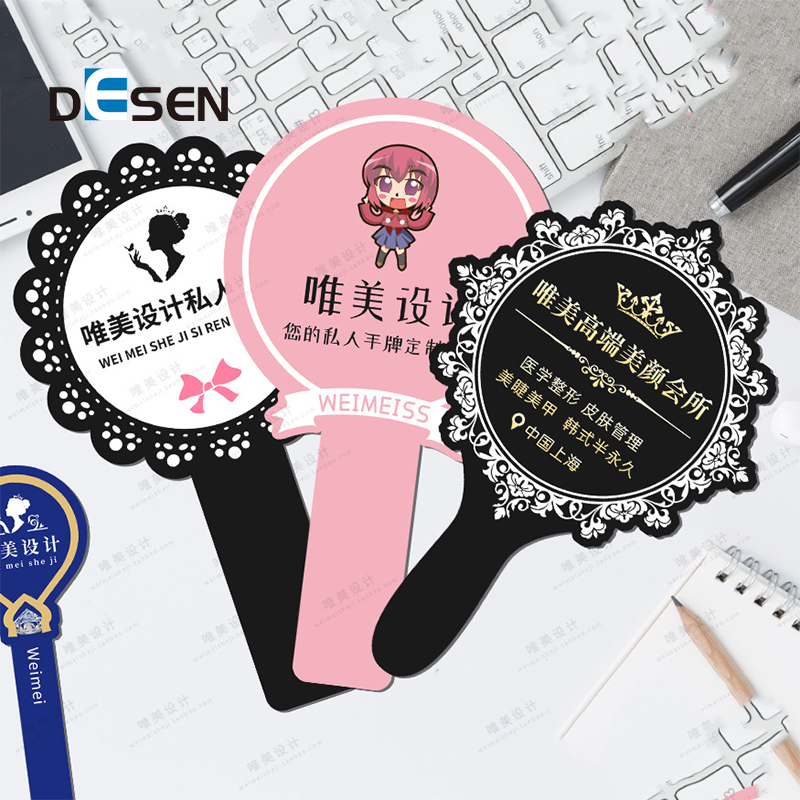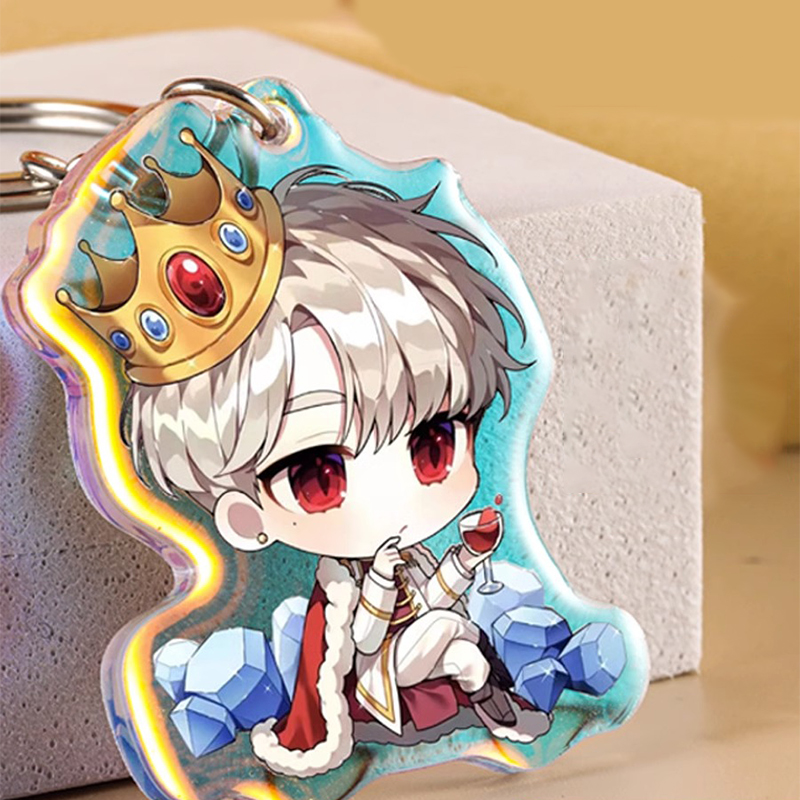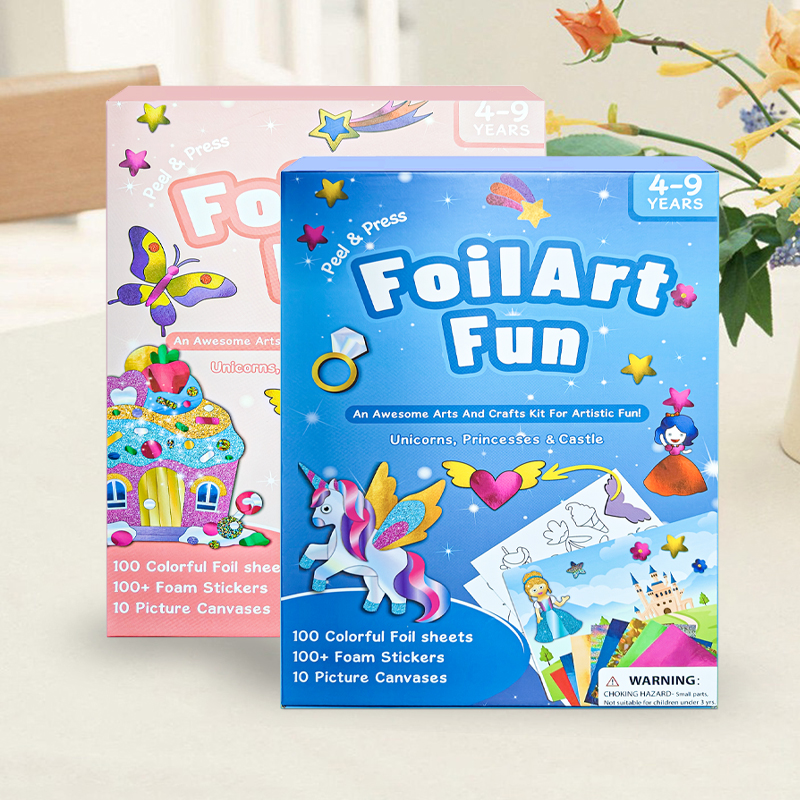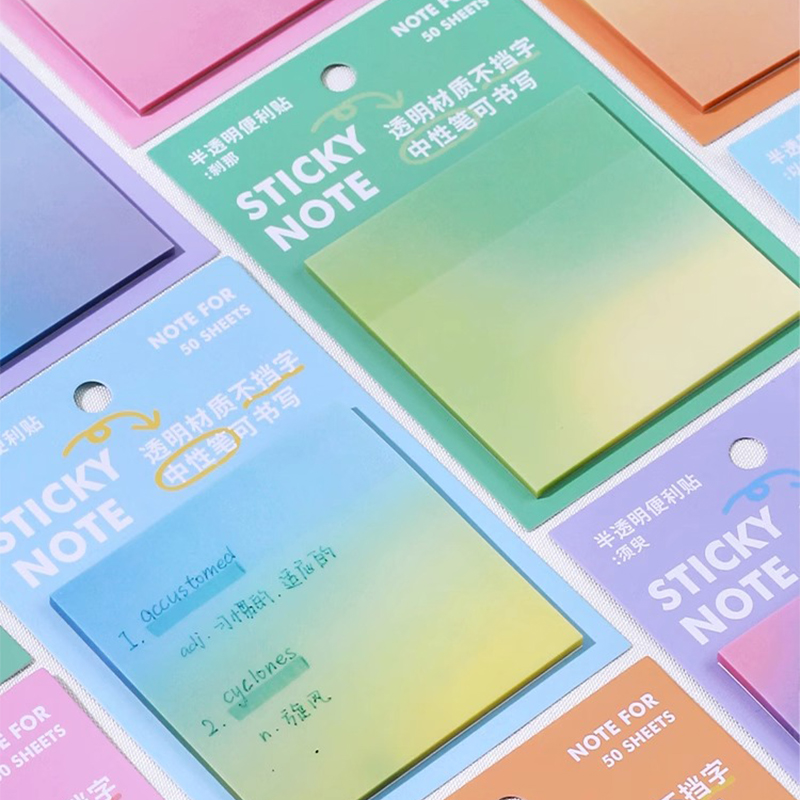How Durable Are Acrylic Signs
June 30, 2024
Definition of Acrylic Signs
Acrylic signs, or plexiglass signs, are made from a flexible plastic material called acrylic. This material is valued for its excellent clearness, strength, and versatility. Acrylic signs track down their place in different settings, from retail locations and eateries to office spaces and occasions. We should explain the key aspects of acrylic signage:

How durable are acrylic signs?
Acrylic is prestigious for its strength, so going with it is a brilliant decision for both indoor and outside signs.
It stands up well against the components, including atmospheric conditions, UV beams, and general mileage.
Visual Appeal
With regards to style, acrylic signs sparkles. Its clean and proficient appearance promptly snatches the consideration.
The reflexive completion upgrades the effect of illustrations, varieties, and plans, making your signs hang out in any setting.
Customization Options
Acrylic offers an extensive variety of customization prospects. You can fit your signs to match your particular vision.
Laser-cutting permits many-sided shapes, while computerized printing conveys high-goal designs.
Lightweight and Easy to Install
Not with standing its tough nature, acrylic shocks with its lightweight properties.
Taking care of and introducing acrylic signs is a breeze, particularly helpful for bigger shows or wall-mounted signs.
Versatility of Applications
Acrylic signs fill numerous needs. They're great for wayfinding, marking, data show, and menus, and the sky is the limit from there.
Whether inside or outside, acrylic adjusts consistently to various conditions.
Importance of Durability in signs
Solidness is a non-debatable consider signs, and here's the reason it is important:
Cost-Viability:
Solid signs limits the requirement for successive fixes or substitutions.
Acrylic, with its strength, outlives different materials, lessening generally speaking costs over the long haul.
Weather Resistance:
Open-air signs face the components every day — downpours, sun, wind, and temperature variances.
Tough materials like acrylic endure these difficulties, keeping up with their respectability over the long haul.
Brand Consistency:
Your signs addresses your image. Blurred, broken, or broken-down signs give a misleading impression.
Tough materials guarantee that your image character stays steady and expert.
Long-Term Investment:
Consider signs a venture. Tough gives deliver profits up years.
Acrylic's life span guarantees that your underlying venture keeps on yielding returns.
Characteristics of acrylic signs
Acrylic signs are a well-known decision for organizations and people the same, and good explanation. They offer a special mix of sturdiness, flexibility, and tasteful allure. We should dig into the qualities that make acrylic signs stick out.
Material Organization
Acrylic, otherwise called Plexiglas or Perspex, is a kind of plastic material that is famous for its solidarity and adaptability. It's produced using a polymer called polymethyl methacrylate (PMMA), which is a straightforward thermoplastic.
Transparency and Clarity
One of the most striking elements of acrylic signs is their excellent straightforwardness and lucidity. Acrylic can communicate up to 92% of noticeable light, more than some other materials, including glass. This elevated degree of straightforwardness, combined with its capacity to oppose yellowing and blurring, guarantees that acrylic signs keep up with their lively varieties and clear text for a long time.

Weather Resistance
About climate opposition, acrylic signs stand their ground. They can endure many temperatures and weather patterns, from the searing summer intensity to the freezing winter cold. They are additionally impervious to UV light, and that implies they won't blur or stain in any event, when presented to coordinate daylight for broadened periods.
How durable are acrylic signs in details?
A few variables impact sturdiness, including ecological elements and support rehearses. We should dig further into these angles.
Environmental Factors
Natural variables assume a critical part in deciding the solidness of materials or items. These incorporate daylight openness, temperature variances, and stickiness levels.
Sunlight Exposure: Delayed openness to daylight can make materials blur, break, or debase over the long run. Bright (UV) beams, specifically, can cause critical harm to materials like plastics, wood, and textures.
Temperature Fluctuations: Materials grow and contract with temperature changes. Incessant and outrageous temperature vacillations can cause pressure, prompting breaks or primary disappointments.
Humidity Levels: High stickiness can prompt dampness retention, which can cause materials like wood to enlarge and twist. Then again, low stickiness can make materials dry out and break.
Maintenance Practices
Appropriate upkeep rehearses fundamentally impact the sturdiness of materials or items. These incorporate cleaning strategies and security from scratches.
Cleaning Strategies: Normal and legitimate cleaning can assist with keeping up with the appearance and usefulness of materials. Nonetheless, utilizing fitting cleaning methods is significant. Brutal synthetic compounds or grating cleaning apparatuses can cause harm, prompting decreased strength.
Protection from Scratches: Scratches can influence the tasteful allure of materials as well as their primary honesty. Profound scratches can go about as pressure concentrators, prompting breaks or disappointments under load.
In Final Words in how durable are acrylic signs
Both natural elements and support rehearses fundamentally impact the sturdiness of materials or items. By grasping these variables and carrying out the fitting plans and support systems, we can upgrade the sturdiness of our materials or items, guaranteeing they endure for the long haul.




